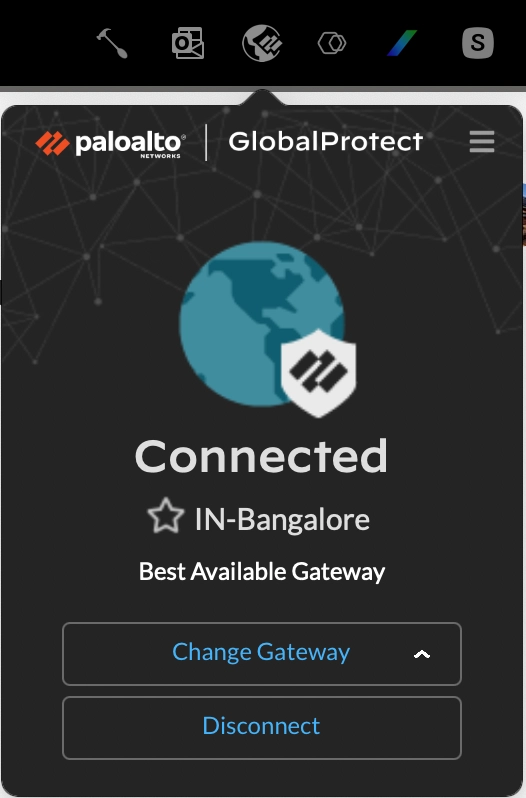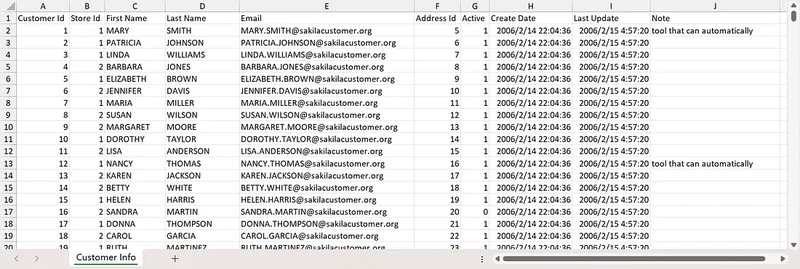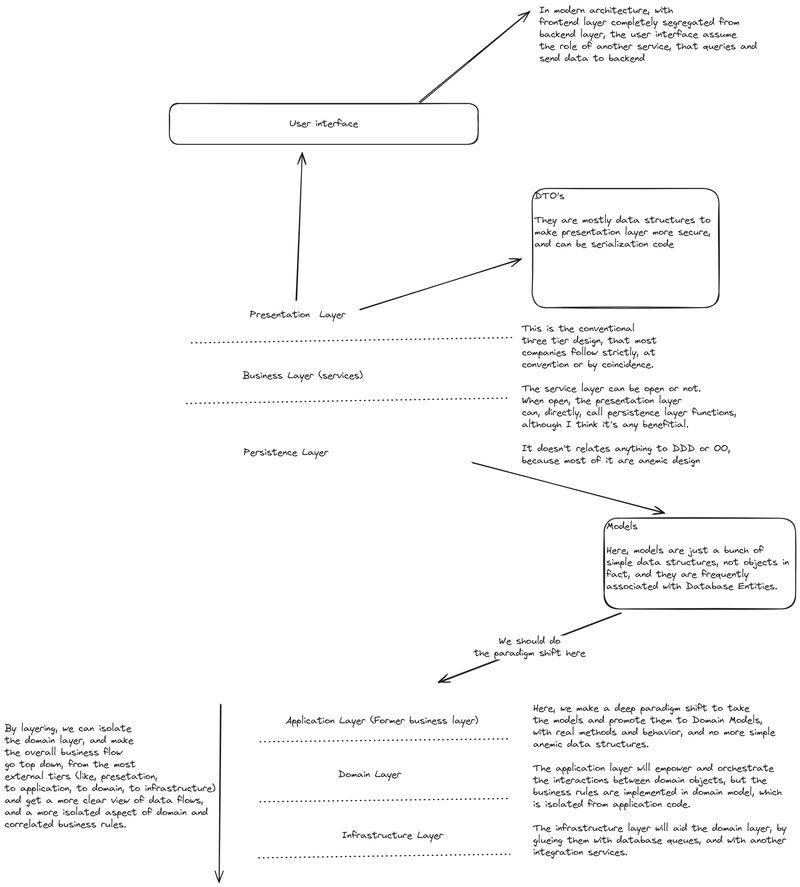Automating VPN Reconnection on macOS: GlobalProtect with Hammerspoon
In today's remote work landscape, a stable VPN connection is critical - yet even the most reliable clients, like GlobalProtect, can falter, disrupting access to internal resources. For macOS users, manually reconnecting a dropped VPN is an unnecessary burden. This guide presents a sophisticated, automated solution to keep GlobalProtect connected, using shell scripts, AppleScript, LaunchAgents, and Hammerspoon. While optimized for GlobalProtect, notes throughout highlight where adaptations may be needed for other VPN clients. The result? A system that monitors your VPN status every two minutes and triggers reconnection upon screen unlock - all hands-free. Tested on macOS Catalina and later, this setup is ideal for IT professionals, developers, and remote workers. Let's dive into the implementation. The Objective: Uninterrupted GlobalProtect Connectivity This solution ensures GlobalProtect stays active by: Using a shell script to check VPN status via DNS resolution. Employing an AppleScript to manage GlobalProtect's UI for reconnection. Running a LaunchAgent for periodic monitoring. Leveraging Hammerspoon to check connectivity on screen unlock. Here's how to deploy it, with notes for customization. Prerequisites Ensure you have: macOS (Catalina or later). Homebrew installed (https://brew.sh). Hammerspoon (brew install - cask hammerspoon). terminal-notifier (brew install terminal-notifier). Accessibility permissions for Hammerspoon and UI scripting (System Preferences > Security & Privacy > Privacy > Accessibility). Terminal and text-editing proficiency. Scripts use absolute paths for consistency. Step 1: VPN Status Detection (Shell Script) The backbone is vpn_check.sh, which verifies GlobalProtect connectivity by resolving an internal domain (e.g., Any Internal Domain ). If resolution succeeds, the VPN is active; if it fails, reconnection is triggered. File: ~/Scripts/vpn_check.sh #!/bin/bash # vpn_check.sh # Define the internal domain that's accessible only when VPN is active internalDomain="wdc1-graf-p01.omnissa.com" # Perform DNS resolution using nslookup dnsResult=$(nslookup "$internalDomain" 2>&1) # Debug output (optional) # echo "DNS result:" # echo "$dnsResult" # Check if nslookup output indicates successful resolution. # Consider it failed if the output contains "Non-existent domain", "Can't find", or "error". if [[ "$dnsResult" != *"Non-existent domain"* && "$dnsResult" != *"Can't find"* && "$dnsResult" != *"error"* ]]; then # VPN is connected: do nothing exit 0 else terminal-notifier -title "VPN Status" -message "VPN is not connected, launching GlobalProtect" echo "$(date): Running VPN check" >> ~/vpn_debug.log osascript ~/Scripts/vpn_check.scpt >> ~/vpn_debug.log 2>&1 fi Set permissions: chmod a+x ~/Scripts/vpn_check.sh Note for Other VPNs: The internal domain is specific to GlobalProtect environments. Replace it with a domain or IP only accessible via your VPN. If your VPN lacks a unique internal domain, consider a ping-based check (e.g., ping -c 2 ) and adjust the logic accordingly. Step 2: UI Automation (AppleScript) The vpn_check.scpt script interacts with GlobalProtect's UI to reconnect when needed. It checks the app's state, opens its window, and clicks "Connect," verifying success with a ping. File: ~/Scripts/vpn_check.scpt -- First, check if GlobalProtect is running and whether its UI window is open try tell application "System Events" if not (exists process "GlobalProtect") then error "GlobalProtect is not running." end if tell process "GlobalProtect" set uiAlreadyOpen to false if exists window 1 then set uiAlreadyOpen to true else if exists menu bar item 1 of menu bar 2 then click menu bar item 1 of menu bar 2 delay 1 else error "GlobalProtect menu bar item not available." end if if not (exists window 1) then error "GlobalProtect window did not appear." end if set buttonTitle to title of button 2 of window 1 end tell end tell on error errMsg number errNum display notification "Error accessing GlobalProtect UI: " & errMsg with title "GlobalProtect Error" return end try -- Perform action based on the button title if buttonTitle is "Connect" then try tell application "System Events" tell process "GlobalProtect" click button 2 of window 1 end tell end tell delay 3 on error errMsg number errNum display notification "Error clicking Connect: " & errMsg with title "GlobalProtect Error" return end try try set recheckPing to do shell script "ping -c 2 10.235.3.14 | grep '2 packets received' || echo 'failed'" on error errMsg number errNum display notification "Error executing ping: " & errMsg with t

In today's remote work landscape, a stable VPN connection is critical - yet even the most reliable clients, like GlobalProtect, can falter, disrupting access to internal resources. For macOS users, manually reconnecting a dropped VPN is an unnecessary burden. This guide presents a sophisticated, automated solution to keep GlobalProtect connected, using shell scripts, AppleScript, LaunchAgents, and Hammerspoon. While optimized for GlobalProtect, notes throughout highlight where adaptations may be needed for other VPN clients.
The result? A system that monitors your VPN status every two minutes and triggers reconnection upon screen unlock - all hands-free. Tested on macOS Catalina and later, this setup is ideal for IT professionals, developers, and remote workers. Let's dive into the implementation.
The Objective: Uninterrupted GlobalProtect Connectivity
This solution ensures GlobalProtect stays active by:
- Using a shell script to check VPN status via DNS resolution.
- Employing an AppleScript to manage GlobalProtect's UI for reconnection.
- Running a LaunchAgent for periodic monitoring.
- Leveraging Hammerspoon to check connectivity on screen unlock.
Here's how to deploy it, with notes for customization.
Prerequisites
Ensure you have:
- macOS (Catalina or later).
- Homebrew installed (https://brew.sh).
- Hammerspoon (brew install - cask hammerspoon).
- terminal-notifier (brew install terminal-notifier).
- Accessibility permissions for Hammerspoon and UI scripting (System Preferences > Security & Privacy > Privacy > Accessibility).
- Terminal and text-editing proficiency.
Scripts use absolute paths for consistency.
Step 1: VPN Status Detection (Shell Script)
The backbone is vpn_check.sh, which verifies GlobalProtect connectivity by resolving an internal domain (e.g., Any Internal Domain ). If resolution succeeds, the VPN is active; if it fails, reconnection is triggered.
File: ~/Scripts/vpn_check.sh
#!/bin/bash
# vpn_check.sh
# Define the internal domain that's accessible only when VPN is active
internalDomain="wdc1-graf-p01.omnissa.com"
# Perform DNS resolution using nslookup
dnsResult=$(nslookup "$internalDomain" 2>&1)
# Debug output (optional)
# echo "DNS result:"
# echo "$dnsResult"
# Check if nslookup output indicates successful resolution.
# Consider it failed if the output contains "Non-existent domain", "Can't find", or "error".
if [[ "$dnsResult" != *"Non-existent domain"* && "$dnsResult" != *"Can't find"* && "$dnsResult" != *"error"* ]]; then
# VPN is connected: do nothing
exit 0
else
terminal-notifier -title "VPN Status" -message "VPN is not connected, launching GlobalProtect"
echo "$(date): Running VPN check" >> ~/vpn_debug.log
osascript ~/Scripts/vpn_check.scpt >> ~/vpn_debug.log 2>&1
fi
Set permissions:
chmod a+x ~/Scripts/vpn_check.sh
Note for Other VPNs: The internal domain is specific to GlobalProtect environments. Replace it with a domain or IP only accessible via your VPN. If your VPN lacks a unique internal domain, consider a ping-based check (e.g., ping -c 2 ) and adjust the logic accordingly.
Step 2: UI Automation (AppleScript)
The vpn_check.scpt script interacts with GlobalProtect's UI to reconnect when needed. It checks the app's state, opens its window, and clicks "Connect," verifying success with a ping.
File: ~/Scripts/vpn_check.scpt
-- First, check if GlobalProtect is running and whether its UI window is open
try
tell application "System Events"
if not (exists process "GlobalProtect") then
error "GlobalProtect is not running."
end if
tell process "GlobalProtect"
set uiAlreadyOpen to false
if exists window 1 then
set uiAlreadyOpen to true
else if exists menu bar item 1 of menu bar 2 then
click menu bar item 1 of menu bar 2
delay 1
else
error "GlobalProtect menu bar item not available."
end if
if not (exists window 1) then
error "GlobalProtect window did not appear."
end if
set buttonTitle to title of button 2 of window 1
end tell
end tell
on error errMsg number errNum
display notification "Error accessing GlobalProtect UI: " & errMsg with title "GlobalProtect Error"
return
end try
-- Perform action based on the button title
if buttonTitle is "Connect" then
try
tell application "System Events"
tell process "GlobalProtect"
click button 2 of window 1
end tell
end tell
delay 3
on error errMsg number errNum
display notification "Error clicking Connect: " & errMsg with title "GlobalProtect Error"
return
end try
try
set recheckPing to do shell script "ping -c 2 10.235.3.14 | grep '2 packets received' || echo 'failed'"
on error errMsg number errNum
display notification "Error executing ping: " & errMsg with title "GlobalProtect Error"
return
end try
if recheckPing contains "2 packets received" then
display notification "VPN connected successfully" with title "GlobalProtect Status"
else
display notification "VPN connection attempt failed" with title "GlobalProtect Error"
end if
else if buttonTitle is "Disconnect" then
display notification "VPN UI shows connected, but ping failed" with title "GlobalProtect Warning"
else
display notification "Unable to determine VPN status via UI" with title "GlobalProtect Error"
end if
-- Finally, if the UI was not already open, close the window/menu
try
tell application "System Events"
tell process "GlobalProtect"
if exists menu bar item 1 of menu bar 2 then
click menu bar item 1 of menu bar 2
end if
end tell
end tell
on error errMsg number errNum
display notification "Error closing GlobalProtect UI: " & errMsg with title "GlobalProtect Error"
end try
Note for Other VPNs: This script is tailored to GlobalProtect's UI structure (e.g., menu bar item and button titles). For other clients like Cisco AnyConnect or OpenVPN, inspect the UI elements using Accessibility Inspector (part of Xcode) and modify the script to target the correct process name, window, and button labels. The ping target (10.235.3.14) must also be swapped for an internal resource specific to your VPN.
Step 3: Periodic Monitoring (LaunchAgent)
A LaunchAgent runs vpn_check.sh every 120 seconds to maintain GlobalProtect's uptime.
File: ~/Library/LaunchAgents/com.user.vpncheck.plist
Label
com.user.vpncheck
ProgramArguments
/bin/bash
/Users//Scripts/vpn_check.sh
RunAtLoad
StartInterval
120
Load it:
launchctl unload ~/Library/LaunchAgents/com.user.vpncheck.plist 2>/dev/null
launchctl load ~/Library/LaunchAgents/com.user.vpncheck.plist
Substitute /Users/your_username with your path.
Note for Other VPNs: This step is VPN-agnostic, assuming your vpn_check.sh is adapted. No changes are needed here unless your reconnection logic requires additional arguments.
Step 4: Screen Unlock Trigger (Hammerspoon)
Hammerspoon executes vpn_check.sh on screen unlock, ensuring GlobalProtect reconnects after idle periods. Install it:
brew install --cask hammerspoon
Grant Accessibility permissions, then edit ~/.hammerspoon/init.lua:
hs.alert.show("Hammerspoon initialized")
local sessionWatcher = hs.caffeinate.watcher.new(function(event)
if event == hs.caffeinate.watcher.screensDidUnlock then
hs.execute("~/Scripts/vpn_check.sh")
hs.notify.new({title="VPN Check", informativeText="Executed on screen unlock"}):send()
end
end)
sessionWatcher:start()
Reload via Hammerspoon's menu bar or hs.reload() in its console.
Note for Other VPNs: This configuration is universal, relying on vpn_check.sh. Ensure the script aligns with your VPN's requirements.
Validation and Troubleshooting
Testing the Shell Script and LaunchAgent
Manually run ~/Scripts/vpn_check.sh and review ~/vpn_debug.log.
Force a LaunchAgent run:
launchctl kickstart -k gui/.
Testing Hammerspoon
Lock (Control+Command+Q) and unlock your screen; confirm execution via notifications and logs.
~/vpn_debug.log is your troubleshooting lifeline.
Key Considerations
- Use absolute paths throughout.
- Ensure scripts are executable (chmod a+x).
- Adjust domains, IPs, and delays for your environment.
- LaunchAgents and Hammerspoon may lack environment variables - define them explicitly if required.











































































































































































![[The AI Show Episode 142]: ChatGPT’s New Image Generator, Studio Ghibli Craze and Backlash, Gemini 2.5, OpenAI Academy, 4o Updates, Vibe Marketing & xAI Acquires X](https://www.marketingaiinstitute.com/hubfs/ep%20142%20cover.png)



























































































































![[FREE EBOOKS] The Kubernetes Bible, The Ultimate Linux Shell Scripting Guide & Four More Best Selling Titles](https://www.javacodegeeks.com/wp-content/uploads/2012/12/jcg-logo.jpg)



![From drop-out to software architect with Jason Lengstorf [Podcast #167]](https://cdn.hashnode.com/res/hashnode/image/upload/v1743796461357/f3d19cd7-e6f5-4d7c-8bfc-eb974bc8da68.png?#)






































































































.png?#)




.jpg?#)































_Christophe_Coat_Alamy.jpg?#)









































































































![Rapidus in Talks With Apple as It Accelerates Toward 2nm Chip Production [Report]](https://www.iclarified.com/images/news/96937/96937/96937-640.jpg)








































































































































